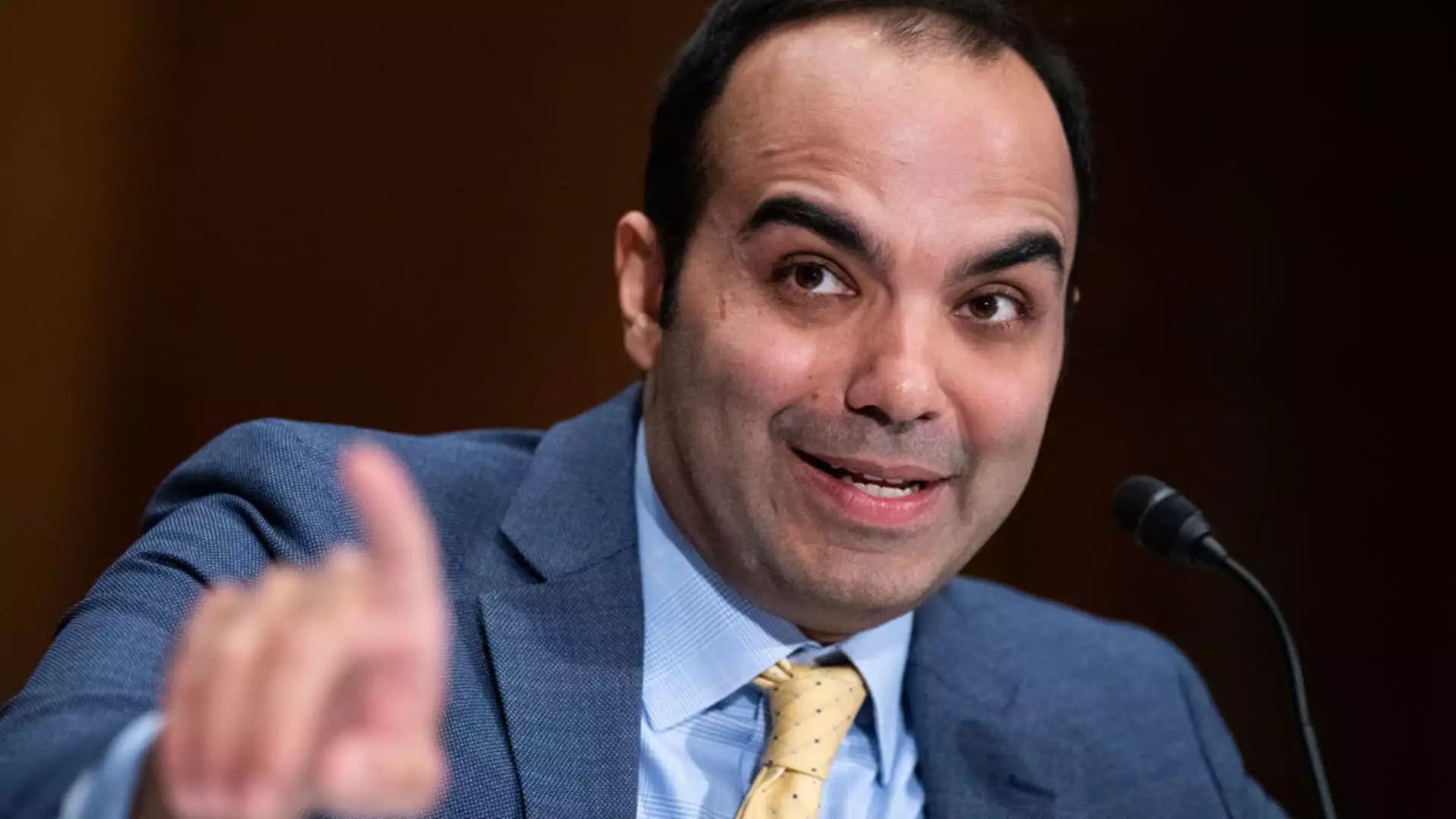The Consumer Financial Protection Bureau recently announced a new rule that would limit the amount banks can charge customers for late fees to $8 per incident. This move is intended to provide relief to millions of credit card users who have been burdened by high late fees for years. By reducing the late fee to $8 from an average of $32, the CFPB estimates that more than 45 million cardholders could save an average of $220 annually. This development comes after the agency conducted a review of market data related to the 2009 Card Act and identified a loophole that allowed credit card companies to exploit consumers through excessive fees.
CFPB Director Rohit Chopra applauded the new rule, stating that it puts an end to the practice of credit card companies using inflation as an excuse to raise fees and boost their profits. However, the Consumer Bankers Association and the American Bankers Association have raised concerns about the rule. The Consumer Bankers Association criticized the policy goals of the rule, describing it as more of consumer redistribution rather than consumer protection. It also questioned the rushed process by which the rule was issued. Similarly, the American Bankers Association is exploring options to push back against the CFPB’s regulations.
While the CFPB’s rule is aimed at easing the financial burden on credit card users, critics argue that it could have unintended consequences. The Consumer Bankers Association warned that many cardholders might face higher interest rates and reduced credit availability as a result of the new cap on late fees. Republican Senator Tim Scott of South Carolina expressed his intention to challenge the implementation of the rule using the Congressional Review Act. Despite these criticisms, the CFPB maintains that the rule is necessary to protect consumers from predatory practices by credit card companies.
The new rule is set to take effect 60 days after its publication in the Federal Register. This means that card issuers with at least one million open accounts will have to comply with the $8 cap on late fees. While the rule does not directly impact interest rates, it aims to address the excessive late penalties that have burdened cardholders for years. Moving forward, it will be important to monitor how credit card companies adjust to the new regulation and whether any additional changes are needed to further protect consumers from financial exploitation.

Leave a Reply